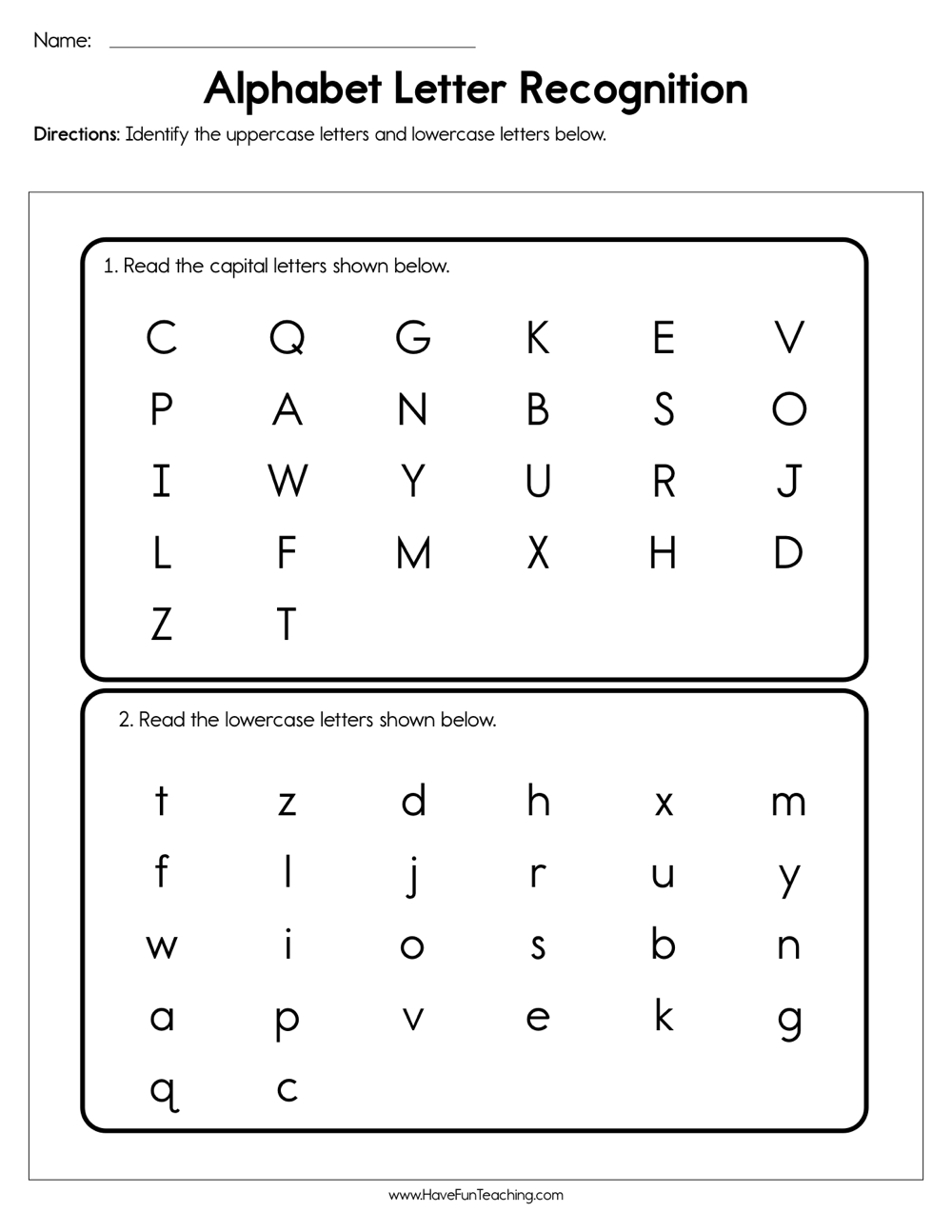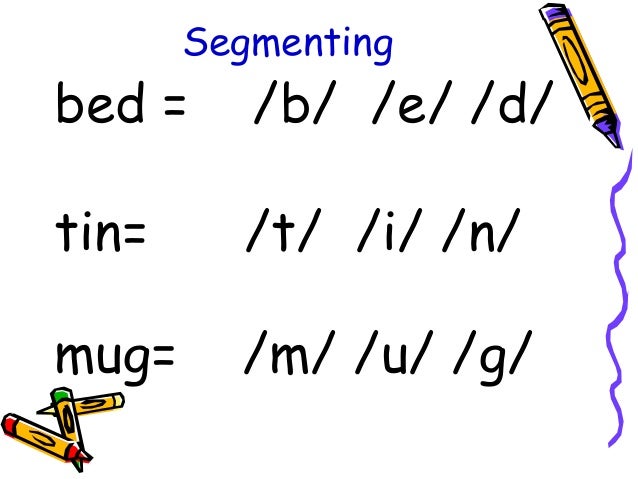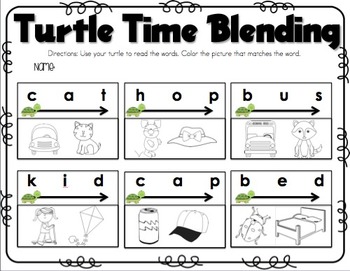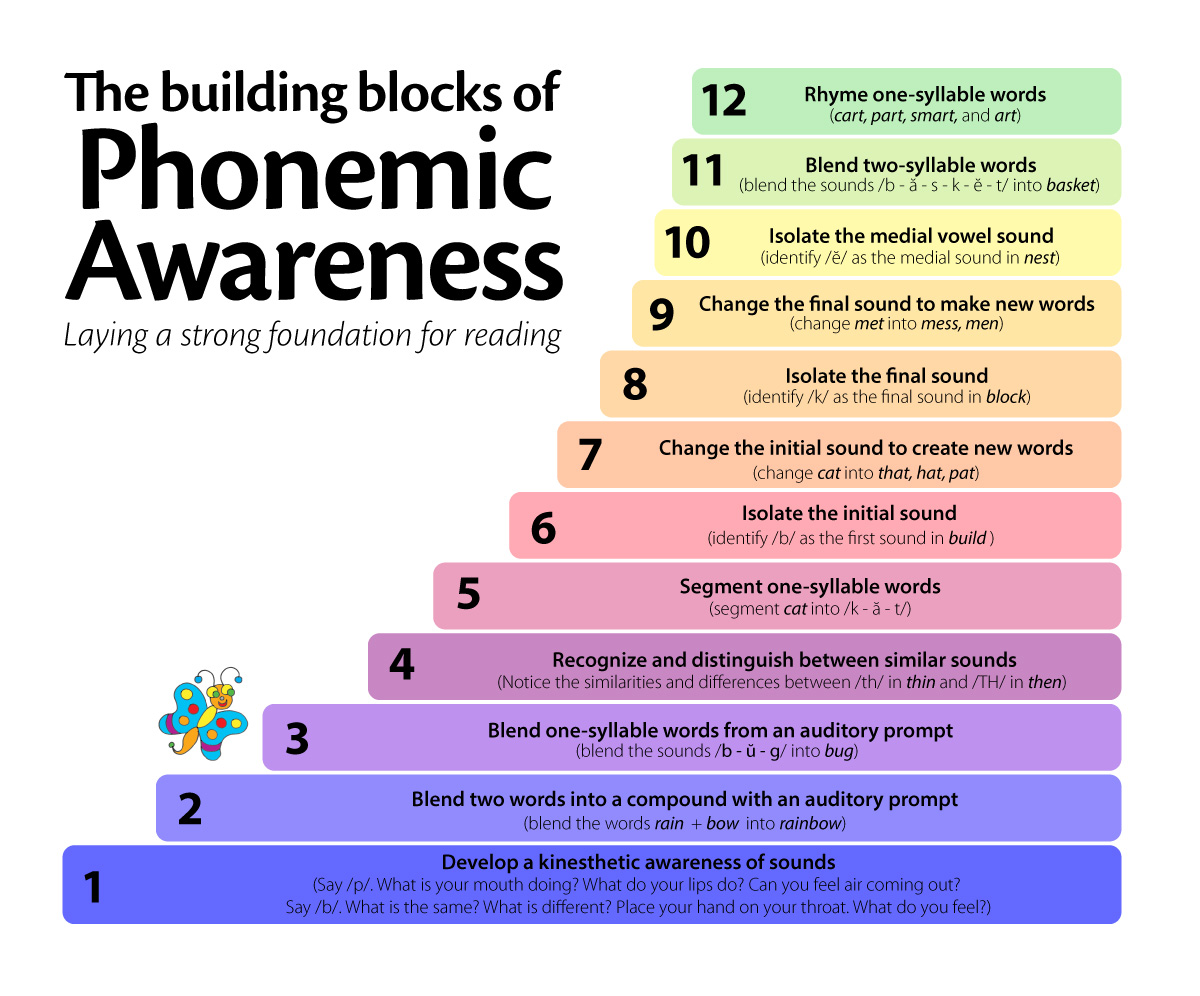Words of the Week: #2
Words of the Week: #2
1) Alphabetic Principle- an orderly relationship in which the graphemes of written language represent the phonemes of oral language.
("From Phonemic Awareness to Fluency")
The alphabetic principle is important because it's understanding that letters represent sounds that form words. It's very important for a child to understand the alphabet and be able to make the sound each letter has. Eventually, they will be able to form words. This is extremely important because this is laying down the foundation for what is to come: forming sentences, speaking, reading.

Photo: https://blogger.googleusercontent.com/img/b/R29vZ2xl/AVvXsEgRPfvBeVY8al_pUAa3S27sWyoXPMvQTOyOE-uKmzE15L4gHe5KEupRAQSVI3y6mNpTVm_L_FtLOy2SOqnkKCiuNSx3TpW-ub7HjNZZ_fs8uK8-SGENysc9ChQJFfyP0vET9wEtxrNA9zT0/?imgmax=800
2) Concepts of Print- children's knowledge of the conventions of printed English.
("From Phonemic Awareness to Fluency")
Concepts of print is very important. Children should know how to read a book. They should know to read from left to right. They should know the parts of a book, like the title for example. Knowing these things will help them to become successful readers.
 Photo: https://blogger.googleusercontent.com/img/b/R29vZ2xl/AVvXsEhIRiq9G2jjLzZuViLszJhoLPXUzHaoR6GJq1rpL0Cpkr2D0PQoROLBY3vI8SW3zCt5MESXjFX6s7eMqaI4nX1UTqAU4C95W_ZWRFDaYcsTKJL749WSwj-nkRuKhW_pVRnjI533fJdd7ek/s1600/Screen+Shot+2012-04-18+at+12.40.08+PM.png
Photo: https://blogger.googleusercontent.com/img/b/R29vZ2xl/AVvXsEhIRiq9G2jjLzZuViLszJhoLPXUzHaoR6GJq1rpL0Cpkr2D0PQoROLBY3vI8SW3zCt5MESXjFX6s7eMqaI4nX1UTqAU4C95W_ZWRFDaYcsTKJL749WSwj-nkRuKhW_pVRnjI533fJdd7ek/s1600/Screen+Shot+2012-04-18+at+12.40.08+PM.png
3) Letter Recognition- the ability to accurately and rapidly recognize the letters of the alphabet and to discriminate each letter from the others.
("From Phonemic Awareness to Fluency")
For children to be able to read, write, and speak, they have to be able to recognize letters of the alphabet. It's very important. If they don't know letters of the alphabet, then they won't be able to do those things.
 Photo: https://www.havefunteaching.com/wp-content/uploads/2018/03/alphabet-letter-recognition-assessment.jpg
Photo: https://www.havefunteaching.com/wp-content/uploads/2018/03/alphabet-letter-recognition-assessment.jpg
4) Segmenting- breaking words into their syllables or individual words.
("Tips for Teaching Phonological Awareness")
Segmenting is important because it allows the student to break the word down before they actually blend it together. This helps them to pronounce the word correctly when they start to blend the word.
 Photo: https://image.slidesharecdn.com/phonicsforparentspowerpoint-140206023040-phpapp02/95/phonics-for-parents-powerpoint-15-638.jpg?cb=1391653899
Photo: https://image.slidesharecdn.com/phonicsforparentspowerpoint-140206023040-phpapp02/95/phonics-for-parents-powerpoint-15-638.jpg?cb=1391653899
5) Blending- combining individual sounds to say a whole word.
("Tips for Teaching Phonological Awareness")
Blending is important because combining individual sounds to make words can help students pronounce a word, but also decode an unfamiliar word. Overall, blending is what makes children able to say a word.
 Photo:
Photo:
6) Phonemic Awareness- the ability to consciously isolate and identify individual phonemes in a spoken language.
Bear, Donald R., et al. Words their Way. 7th ed., Pearson, 2020.
Phonemic Awareness is important because it helps to improve a student's reading and comprehension.
A child needs to be familiar with the sounds of words and how they work, so they know how to recognize and say words.

Photo:
http://www.mrsjudyaraujo.com/wp-content/uploads/PhonemicAwarenessSteps_1200lower.jpg
The alphabetic principle is important because it's understanding that letters represent sounds that form words. It's very important for a child to understand the alphabet and be able to make the sound each letter has. Eventually, they will be able to form words. This is extremely important because this is laying down the foundation for what is to come: forming sentences, speaking, reading.

Photo: https://blogger.googleusercontent.com/img/b/R29vZ2xl/AVvXsEgRPfvBeVY8al_pUAa3S27sWyoXPMvQTOyOE-uKmzE15L4gHe5KEupRAQSVI3y6mNpTVm_L_FtLOy2SOqnkKCiuNSx3TpW-ub7HjNZZ_fs8uK8-SGENysc9ChQJFfyP0vET9wEtxrNA9zT0/?imgmax=800
2) Concepts of Print- children's knowledge of the conventions of printed English.
("From Phonemic Awareness to Fluency")
Concepts of print is very important. Children should know how to read a book. They should know to read from left to right. They should know the parts of a book, like the title for example. Knowing these things will help them to become successful readers.
 Photo: https://blogger.googleusercontent.com/img/b/R29vZ2xl/AVvXsEhIRiq9G2jjLzZuViLszJhoLPXUzHaoR6GJq1rpL0Cpkr2D0PQoROLBY3vI8SW3zCt5MESXjFX6s7eMqaI4nX1UTqAU4C95W_ZWRFDaYcsTKJL749WSwj-nkRuKhW_pVRnjI533fJdd7ek/s1600/Screen+Shot+2012-04-18+at+12.40.08+PM.png
Photo: https://blogger.googleusercontent.com/img/b/R29vZ2xl/AVvXsEhIRiq9G2jjLzZuViLszJhoLPXUzHaoR6GJq1rpL0Cpkr2D0PQoROLBY3vI8SW3zCt5MESXjFX6s7eMqaI4nX1UTqAU4C95W_ZWRFDaYcsTKJL749WSwj-nkRuKhW_pVRnjI533fJdd7ek/s1600/Screen+Shot+2012-04-18+at+12.40.08+PM.png3) Letter Recognition- the ability to accurately and rapidly recognize the letters of the alphabet and to discriminate each letter from the others.
("From Phonemic Awareness to Fluency")
For children to be able to read, write, and speak, they have to be able to recognize letters of the alphabet. It's very important. If they don't know letters of the alphabet, then they won't be able to do those things.
 Photo: https://www.havefunteaching.com/wp-content/uploads/2018/03/alphabet-letter-recognition-assessment.jpg
Photo: https://www.havefunteaching.com/wp-content/uploads/2018/03/alphabet-letter-recognition-assessment.jpg4) Segmenting- breaking words into their syllables or individual words.
("Tips for Teaching Phonological Awareness")
Segmenting is important because it allows the student to break the word down before they actually blend it together. This helps them to pronounce the word correctly when they start to blend the word.
 Photo: https://image.slidesharecdn.com/phonicsforparentspowerpoint-140206023040-phpapp02/95/phonics-for-parents-powerpoint-15-638.jpg?cb=1391653899
Photo: https://image.slidesharecdn.com/phonicsforparentspowerpoint-140206023040-phpapp02/95/phonics-for-parents-powerpoint-15-638.jpg?cb=13916538995) Blending- combining individual sounds to say a whole word.
("Tips for Teaching Phonological Awareness")
Blending is important because combining individual sounds to make words can help students pronounce a word, but also decode an unfamiliar word. Overall, blending is what makes children able to say a word.
 Photo:
Photo: 6) Phonemic Awareness- the ability to consciously isolate and identify individual phonemes in a spoken language.
Bear, Donald R., et al. Words their Way. 7th ed., Pearson, 2020.
Phonemic Awareness is important because it helps to improve a student's reading and comprehension.
A child needs to be familiar with the sounds of words and how they work, so they know how to recognize and say words.

Photo:
http://www.mrsjudyaraujo.com/wp-content/uploads/PhonemicAwarenessSteps_1200lower.jpg


Comments
Post a Comment